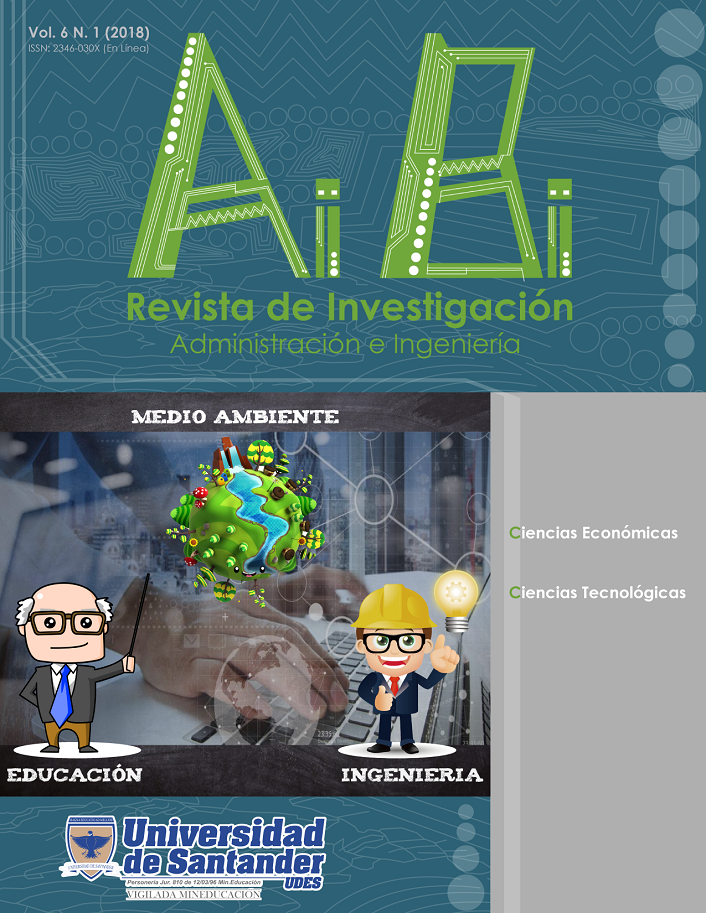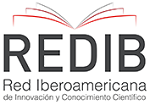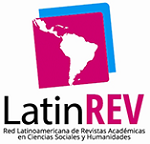The notion of body from the class of physical education. Manifestations social.
DOI:
https://doi.org/10.15649/2346030X.472Keywords:
Notion of body, class, physical education, social manifestations.Abstract
Assess the notion of the body from the perspective of the physical education class, for the generation of a theoretical approach
focused on the enjoyment and satisfaction of the human being. Qualitative methodology, experiential introspective epistemological approach;
hermeneutic, intentional selection of participants, information gathering in-depth interviews. Validity of the study was internal, analysis of the
information by means of atlas ti, for the consolidation of the categorization, for the construction of a theoretical approach. Conclusion. The
notion of body from the physical education class is not responding to current social demands, in which postmodern discourses make emerge
the need to incorporate among many other elements associated with well-being, happiness, satisfaction of the body by physical activity
performed.
References
F. Cortez, Dinámica Social de la Educación física., Editorial Pirámide, 2011.
H. Romero, Educación Física y Sociedad., Argentina : Ediciones Siglo XXI Argentina , 2012.
M. Martínez, Epidemología y Metodología Cualitativa en las Ciencias Sociales., México: Editorial Trillas, 2009.
D. Le Bretón, Antropología del Cuerpo y Modernidad., Buenos Aires, 2002.
F. López, La Educación Física desde una perspectiva interdisciplinar., Caracas, Venezuela.: Editorial Laboratorio Educativo., 2003.
G. Portela, Paradigma del Cuerpo en la Educación Física. Buenos Aires., Buenos Aires: Ef Deportes, 2001.
A. Martínez Barreiro, «La construcción social del cuerpo en las sociedades contemporáneas.,» En Papers, nº 73, pp. 127- 152, 2004.
A. Pérez, E. Velo, M. Sierra, A. Boni, J. Peris, G. Zolezzi y R. Trimingham, Dimensiones globales en la educación para la ingeniería., Barcelona: Unión Europea, 2014.
O. C. Álvarez, «Educación ambiental a partir de tres enfoques: comunitario, sistémico e interdisciplinario.,» Revista iberoamericana de educación, vol. 35, nº 1, pp. 1-7, 2004.
L. Zalagaz, Corrientes y Tendencias de la Educación Física., España: Inde Publicaciones., 2001.
C. V. Solís, Culturas del cuidado en transición: espacios, sujetos e imaginarios en una sociedad de migración, vol. 139, Editorial UOC., 2009.
M. Foucault, Vigilar Y Castigar: Nacimiento De La Prisión (Aurelio Garzón del Camino, Trad.)., España: Editorial Siglo XXI., 2002.
G. Esperanza-Carrero, «Proactividad del profesor andragogo universitario en la educación científica,» AiBi revista de investigación en administración e ingeniería, vol. 2, nº 1, 2014.
M. Grasso, El Aprendizaje no resuelto de la Educación Física. La Corporeidad., Buenos Aires.: Ediciones Novedades Educativas., 2001.
J. Castro, Los Paradigmas sobre el proceso salud enfermedad y sus consecuencias en la Educación para la Salud., Medellín: Funámbulos Editores Medellín., 2007.
E. Matoso, El cuerpo territorio escénico., Buenos Aires.: Paidós., 1992.
H. F. Á. Castro, L. D. R. Moran y F. V. Aguagallo, « IMC y su relación con el incremento de peso en infantes.,» RECIMUNDO: Revista Científica de la Investigación y el Conocimiento, vol. 2, nº 2, pp. 525-535, 2018.
J. Le Boulch, El Cuerpo en la Escuela. Del Siglo XXI, Barcelona: Inde., 2001.
J. Uribe, Teoría y Práctica de la Educación Física, Medellín: Fonámbulos Editores. , 2007.
A. I. Pérez Pineda, «Autoconcepto general y autoconcepto físico en función de la edad y el sexo en escolares de primaria.,» Efdeportes.com , nº 215, 2016.
L. A. V. Parga, «Percepción de la educación física en los habitantes de la ciudad de ibagué,» EmásF: revista digital de educación física, nº 45, pp. 68- 80, 2017.
E. R. .. Torrealba, «Aproximación histórica de la educación física en Venezuela,» Actividad física y ciencias, vol. 5, nº 1, 2017.
Downloads
Published
How to Cite
Issue
Section
Altmetrics
Downloads
License
The journal offers open access under a Creative Commons Attibution License

This work is under license Creative Commons Attribution (CC BY 4.0).












